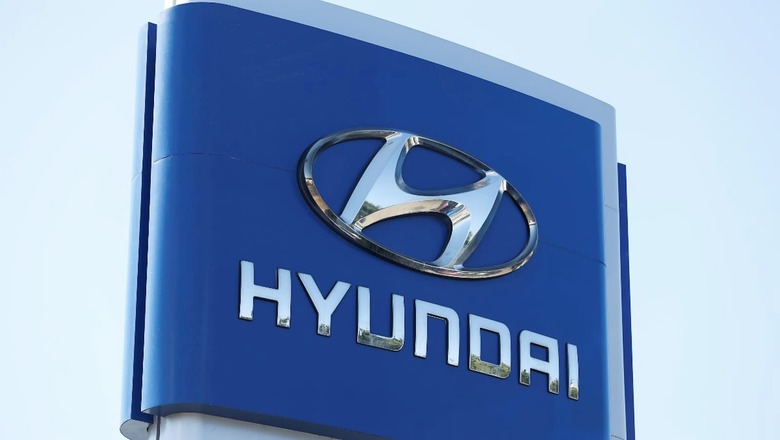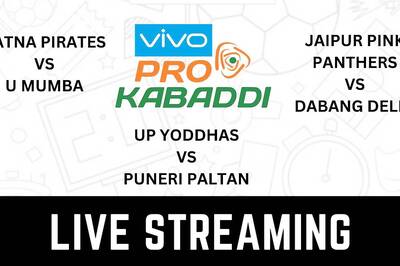
views
Hyundai is known for making cars, not soup. Yet it would seem, they’ve become better at landing in soup than making good cars. Hyundai is a great company. India is one of its biggest markets, and it provides a huge number of jobs here. Yet for all that good, carelessness and churlishness have wiped out in a few hours the enormous goodwill it had built over decades. This is a sobering lesson in bad corporate management and pathetic public communications.
This isn’t the first time that Hyundai’s Pakistani dealer has gotten into politics and landed the company in soup. The Hyundai Pakistan dealership apparently did the same thing a few years ago, but was forced to delete it after the company picked it up early. However, it did do the rounds of Indian auto-journalists’ Telegram groups. Hyundai is not the only one to do this. General Motors, Suzuki, Honda, Kia, KFC, Pizza Hut, etc. in Pakistan have all put out Kashmir Day propaganda in the past, and this has all gone under the radar in India.
For some reason, this time, it did not and has blown up. Let’s put this in context – first is India’s relative weakness and then there is India’s relative strength. India is not a major economy in the same league as China or the United States. Our expectations, therefore, have to be tempered by realism. Moreover, in an economy which is dangerously following the Russians post the 1991 trajectory focusing on services rather than the Chinese post-1985 trajectory that focused on manufacturing, where the value addition of manufacturing has been falling every year we, need to understand our limitations. Hyundai either directly or indirectly employs close to half a million people in India.
On the other hand, with Pakistan the equation changes completely. Pakistan is a miniscule market, accounting for just 8,000-odd units of Hyundai sold, as opposed to half a million units sold in India each year. However, the balance of strengths and weaknesses dictates a calibrated, reflexive, well thought-out and institutionalised, pre-rehearsed approach. Sadly, despite then foreign minister Sushma Swaraj’s warning to Amazon Canada, it seems we still have not learnt institutional lessons on keeping a set of ready responses. This has to change.
Optimally, what can be done here? The calibration of these responses has to be such that the advantage always stays on India’s side and can’t be cited as precedent by the Chinese to use against us (not that the Chinese have ever needed a precedent, but in the court of public opinion India’s own precedents will matter). Simultaneously, we also need to remember there’s a whole slew of Korean manufacturers prospectively lined up for manufacturing semi-conductors and other hi-tech products in India, and any harsh action will affect their investment decisions. So what is the way forward?
For starters, words should be countered by words, and this plays perfectly to the Indian and Asian sense of “saving face”. Summon Hyundai global leaders to the relevant secretary or minister, publicise their arrival and tell them what needs to happen from now on, especially given that the Pakistani distributor is a repeat offender. There’s nothing here that coerces them, but it does play into several Asian pathologies. The second (which has already happened by the time of writing) is for Hyundai to issue a direct dissociation from the actions of their Pakistani supplier and force him to remove the post (this too has already happened).
Going forward, institutionally, there needs to be a set of rehearsed responses – unlike the common people, the MEA would have access to up-to-date investment statistics and relative strength and weaknesses vis-à-vis hostile neighbours. These are essentially trivial situations – highly entertaining, but damaging only to a government exposed as lethargic and not on the ball. The only persons who need to pull up their socks are Hyundai India’s marketing team, Hyundai Global’s partner relations team, which need to be drawing red lines, and the Government of India.
The writer is a senior fellow at the Institute of Peace and Conflict Studies. The views expressed in this article are those of the author and do not represent the stand of this publication.
Read all the Latest Opinions here




















Comments
0 comment